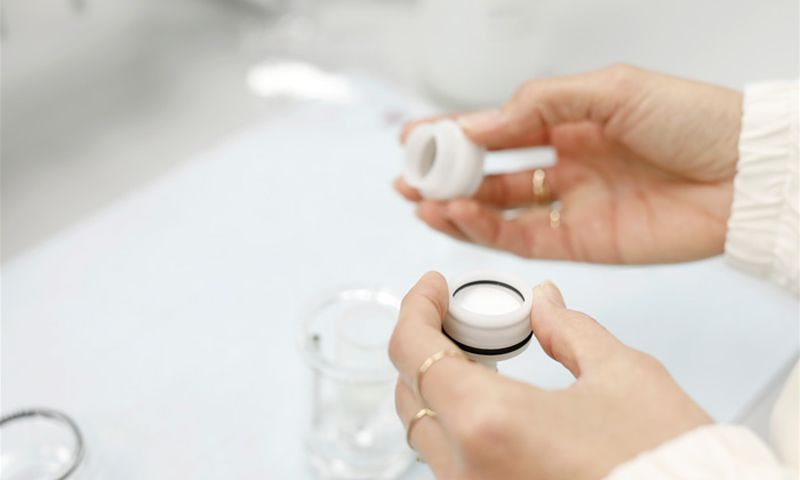MILAN (ITALPRESS) – Ipsen presented new data at the Congress of the American Association for the Study of Liver Diseases (AASLD) on its ever-expanding portfolio of therapies for the treatment of several rare cholestatic diseases, thanks to new data from the long-term extension studies on odevixibat (Bylvay) already approved in Italy in Progressive Familial Intrahepatic Cholestasis (PFIC) and elafibranor (Iqirvo) in Primary Biliary Cholangitis (PBC), and odevixibat (Kayfanda) in Alagille Syndrome (ALGS), the latter indications for which the approval process is ongoing in Italy.The most recent data on elafibranor (Iqirvo), the first PPAR agonist approved in Europe for the treatment of PBC, were presented: from an interim analysis of the open-label extension phase–still ongoing–of the phase III ELATIVE study, the data are on biomarkers of cholestasis, stabilization of surrogate markers of liver fibrosis, and up to three years of data on pruritus in patients with moderate to severe pruritus being treated with elafibranor. Exploratory endpoints related to fatigue and sleep were also evaluated using Patient Reported Outcomes (PROs). “During the three-year observation period, the data on elafibranor suggest prolonged efficacy and confirm the drug’s safety profile. For me, as a physician, it is important when patients report to me a reduction in the impact of itching and fatigue,” said Dr. Kris Kowdley, Director of the Liver Institute Northwest in Washington and principal investigator of the ELATIVE study. “Treatment with elafibranor had an impact on itch symptoms and surrogate markers of fibrosis, and these are important findings for people living with PBC.The new data on odevixibat (Bylvay) for the treatment of PFIC and odevixibat (Kayfanda) in ALGS relate to long-term efficacy and safety and come from two phase III open-label extension studies. These new data demonstrated sustained efficacy and improvement in parameters such as height, weight, and sleep quality in patients treated with odevixibat for at least 72 weeks in both of these rare cholestatic diseases.”These open-label extension data from the PEDFIC 2 study suggest that the initial reduction in pruritus and serum bile acid levels achieved after initiation of odevixibat treatment is maintained over the long term,” said Dr. Richard J. Thompson, Professor of Molecular Hepatology at King’s College London and principal investigator of the PEDFIC 2 study. – We are also observing reductions in both pruritus and serum bile acids in several PFIC subtypes. This is important information for understanding the therapeutic management of our patients with PFIC.””Through our work with patient communities, we know that receiving a diagnosis of PBC, PFIC, or ALGS can be devastating for a patient and their caregivers,” said Sandra Silvestri, EVP and Chief Medical Officer at Ipsen. “Today we are proud to say that both the data presented on elafibranor and odevixibat in the two indications are very important to the scientific community, as well as to patients who can rely on effective and safe therapies that can improve quality of life. Ipsen is committed to bringing real improvement in rare cholestatic diseases, and we are only at the beginning.”
– photo press office Omnicom Pr Group -(ITALPRESS).

